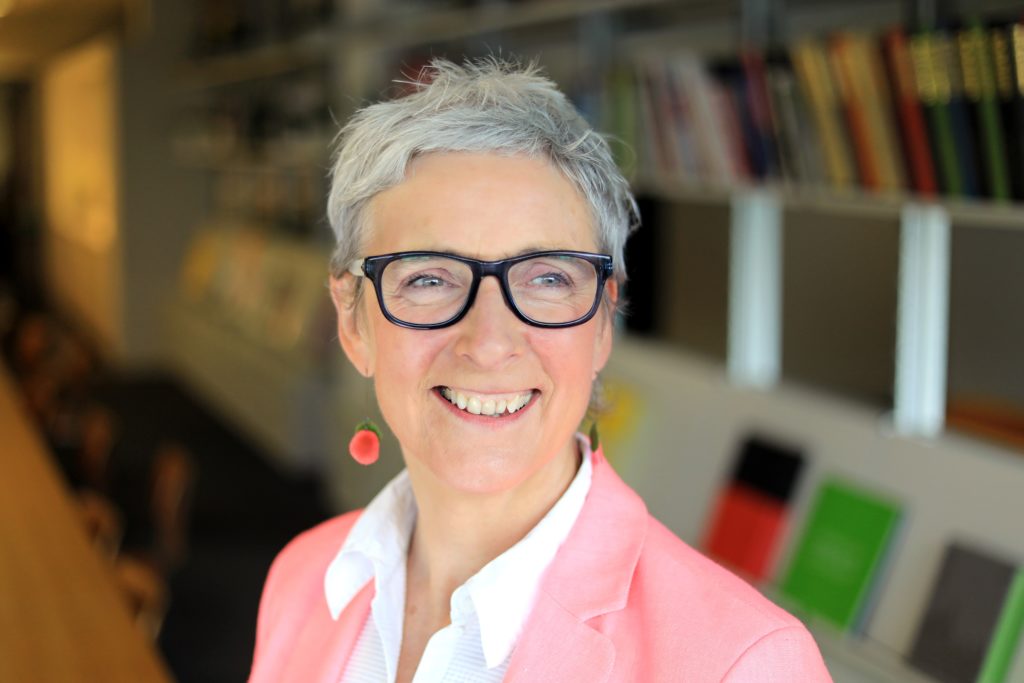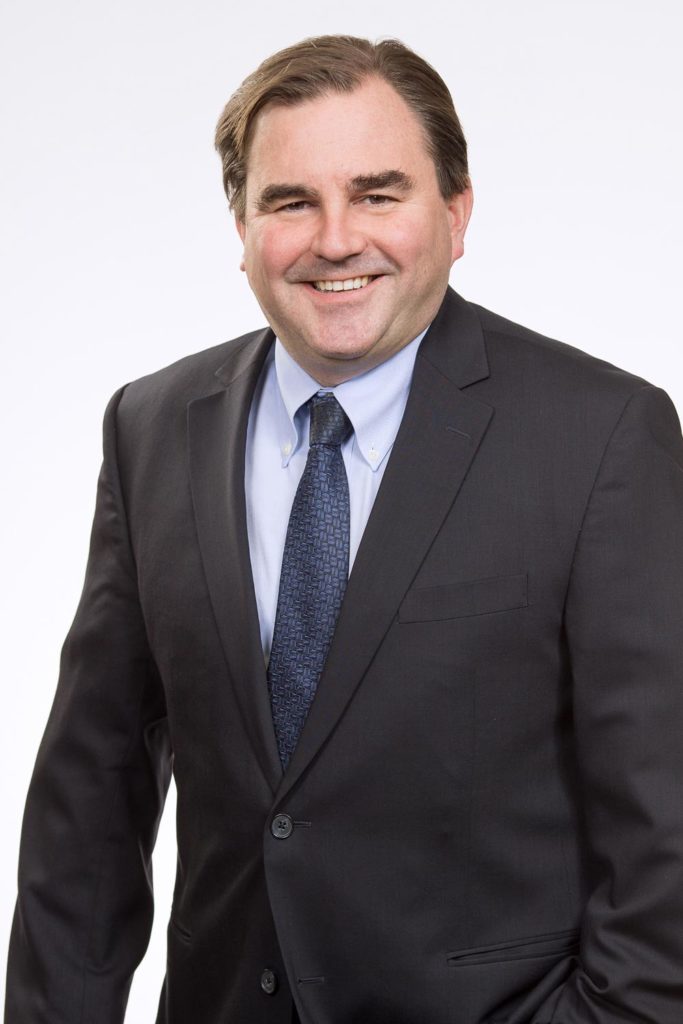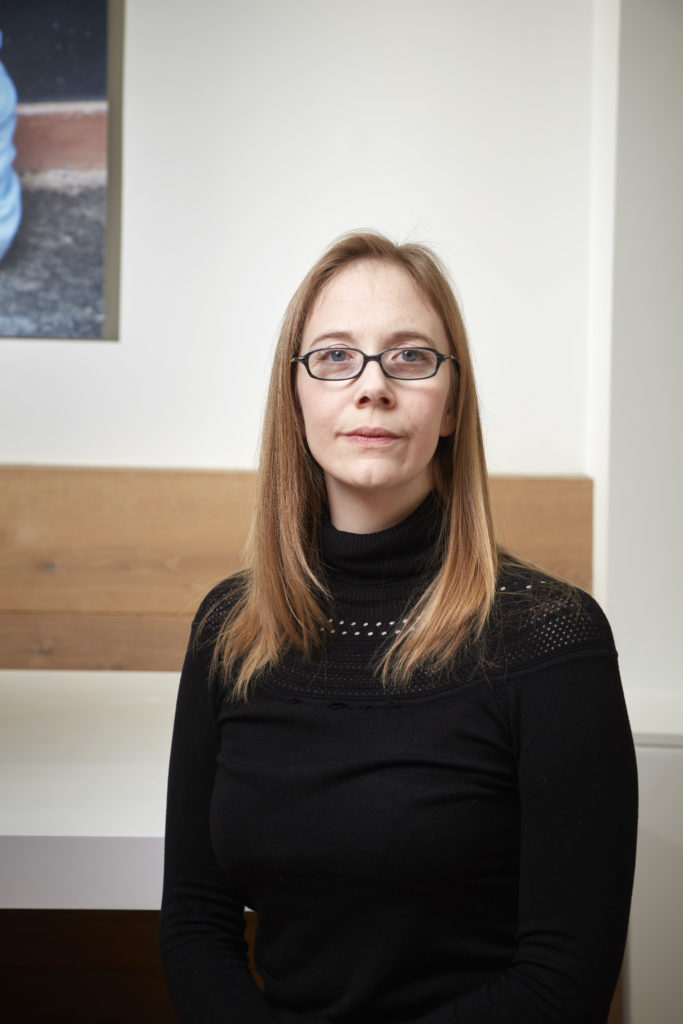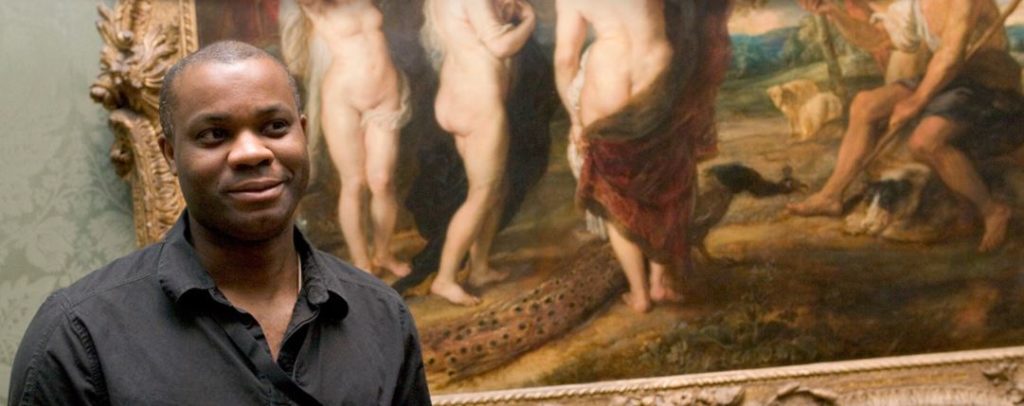The following blog is a transcript of an episode of #OurBirkbeck: Conversations with Alumni Podcast. Listen to the full podcast here.
AS: Hello and welcome to the #OurBirkbeck Podcast. #OurBirkbeck is an exciting year-long initiative to share and showcase the impact members of the Birkbeck Community are having around the world. In this podcast you will hear from our Alumni, Students, staff and friends and whether they are having an influence on their community bringing change to their industry or shaping lives around them. We celebrate their story. To find out more about the #OurBirkbeck initiative, please visit Campaign.bbk.ac.uk.
My name is Andy Stirups, and in today’s episode of the #OurBirkbeck Podcast, I speak to Birkbeck alumnus Stuart Haw.
AS : Hello everyone and welcome to the #OurBirkbeck podcast in this episode today, and we are interviewing Stuart Haw. Stuart, nice to meet you
SH: Nice to meet you. Thank you for having me on
AS : Thanks for taking part in this #OurBirkbeck Podcast. Just a quick background about Stuart before we kick off with the questions. Stuart is currently studying for a PhD at Northumbria University. His PhD is focussed on the clubs, and the community businesses in sport, investigating the capacity and capital required for community groups to successfully undertake and asset transfer to successfully manage and run a facility previously owned by the Local Authority. Stuart’s research has been practised in his local home town of Peterborough. Recently, since lockdown, his research has also been used to highlight the importance of these facilities as a space to help and maintain physical but also mental health. Stuart is a former student of Birkbeck, and he graduated from the College in a MSc in Sports Management, Governance and Policy in 2017.
So, Stuart, that’s just a summary of where you are at with your career and I thought it would be great to just get started on your PhD which is exploring Community Asset Transfer for Sports and Leisure facilities. Could you explain to our listeners a bit more about your research and why you are passionate about the work that you do.
SH: Absolutely. [So] the PhD is at Northumbria University but it’s also co-funded by Power to Change – an organisation who support Community Businesses to take on these kinds of endeavours. What I am exploring is to understand the skills, the knowledge, the capabilities of the volunteers and individuals within these organisations, that they need to take on these Organisations for Asset transfer. That’s a process where a community organisation have a facility transferred to them from the local authority or council at a discounted rate so it may be that they don’t pay any rent, or minimal rent, so that facility is still used and is given community value as well.
AS: And I guess, my (kind of) initial question would be why a local authority would pass ownership of such a facility onto the community and what would be in it for them, to run such a facility like that?
SH: There isn’t necessarily a blanket reason, but it differs in locality so one Local Authority may need to make savings, (and so) to make those savings because sports and leisure services are discretionary in that there is no legal obligation to provide those services and facilities, they may offer out to tender that opportunity on that facility for the Local Authority. Additionally, it may be that the community group of the local sport club approaches the Local Authority and expresses an interest in running that facility and it may be that a big Trust that has established itself lots of Local Authorities approaches another one to propose running that facility. And an organisation like GLL has done that in the past, so you can get a sense of how Local Authorities may be motivated to transfer some of these facilities out because it keeps the facility open, possibly even for longer than they were running it for in terms of it’s opening hours, but it also reduces costs for that Local Authority. So there are benefits to the transfer.
AS : And we touched upon in the introduction around your research being used in practice in your home town of Peterborough. Could you elaborate upon that and how your academic research was being put into practice in Peterborough?
SH: Yes. Absolutely. So prior to enrolling at Birkbeck, which I’ll come onto, I was working for a leisure trust, which was set up by the Local Authority to run the services within Peterborough and I was also a member of a running Club within Peterborough, and what happened because of the pandemic within Peterborough was that the leisure Trust had lost around £9million because it had no income but still had to pay staff costs, maintenance costs etc and so they handed the contract that they had back to the Council, Peterborough City Council, but what that meant is that there was no operator for the leisure facilities in the City and I was in a unique position then where I had worked for the leisure trust and was a member of the athletics club and I was also doing a PhD on the Asset Transfer of Leisure Facilities so I (kind of) felt a sense of obligation to offer to the Athletics Club initially some kind of help. This is a club that I have spent 10 years helping as a member so I really felt obliged to offer some of the learning that I had acquired over the first year of my PhD so I worked with the Chair of that Club to put a proposal together for the City Council so that over the summer when Lockdown started to be lifted across England, we could have the facility opened and we could organise events there because there wasn’t anybody there to run it so even when facilities opened from July onwards Peterborough was in a bit of an uncertain situation because there were only private Leisure Centres open and that doesn’t include Athletics, so for the people of Peterborough they really wanted to get things moving so that they could get out, get physically active again and (kind of) get that sense of Community back.
AS : And I think it is interesting when you bring up the pandemic, and it is interesting that (you know) at the moment when exercise is viewed as an essential activity, it is viewed as part of it is the only (kind of) thing that we can do is go for your daily walk and that’s about it, and now the community leisure centres, the pools, the gyms are currently closed some of which may be permanently closed and may not reopen. What do you see as the short-term and long-term future of these spaces?
SH: I think it’s uncertain but some things we really risk at the moment especially with community owned facilities because they are often organisations that are responsible for one or two leisure facilities these are not all GLL, some of these are local community groups that run the leisure centre in their village, their town or their city, so what that means is that they don’t have the kind of margin, the economic margin that a big operator would have, or a private provider would have. So when the pandemic started to impact these facilities closing them down, meaning that people cannot use them, people do not have income. They don’t have the reserves that these bigger providers have, so community based facilities are much more vulnerable to these [kind of] situations and they don’t have the economics of scale to deal with it in the way that bigger providers do so what that means is that they are more likely to close permanently and jobs will be lost. Community Leisure UK, who are the National Members Body organisation, they did some market research with these kind of providers and they estimated that if there wasn’t some kind of financial support especially at this kind of provider then half of them would go under and around 50,000 jobs would be lost , and a lot of these jobs are part-time, casual like coaches and instructors contracts, so a lot of people would be losing work in that sense and the real damage there is for the most part these facilities are facilities which are orientated towards local people so it is a community facility ran by local people for local people. [So] if that closes down people lose an accessible and affordable facility that they might not be able to replace with a private provider whose working across the country if that makes sense. They are more tailored to the needs of local people, so if we lose that, it will be really damaging for peoples physical and mental health, because they will lose that tailored and bespoke facility that is in their area.
AS: And presumably it is quite a localised problem, if a provider ceases to open after Lockdown, and then they shut two or three of their centres within the area, because in certain areas there might not be a national provider of a gym in that area. In London, for instance, (you know) if a community centre or community space closed down there will be other providers and other gyms accessible. Whereas in certain areas it might be quite few and far between for these spaces.
SH: Yeah. To some extent. The opportunities for affordable leisure are disproportionate across society so for instance as you said in London where there may be community providers they may have gone into that area or they may have kind of risen up from the local community because of a lack of provision in that area and the lack of provision may be caused by the Local Authority lack of provision it’s not financially viable to operate a facility in that area and for a private provider it is also not financially viable. So these community based organisations, they’re not focussed on profit primarily, what they are focussed on is providing local and localised services and opportunities for people to be physically active, so if some communities lose that, like you say, they may not be other providers in their area and (y-know) given where we’ve got to in the kind of public health impacts of the Pandemic that would be (y-know) a really dangerous situation as we’ve seen in the past 12 months affordable and accessible physical activity is what is going to get us through really if we are going to recover as a country.
AS; And would you say with the pandemic having access to public places to do exercise and playing sport, do you think that has been put up higher on the agenda at a local and a national level?
SH: I think so. I think that from some of the recent messaging, especially from Public Health England, the NHS and other National Governing bodies with sport, there does seem to be a sense of that the role that physical activity plays in peoples’ lifestyles is being heightened and recently Professor Chris Whitty, the Chief Medical Officer, he did make a point at a leisure conference recently that physical activity needs to be central to the government’s response to this pandemic and that’s why there has been additional funding to Local Authority to fund Local Authority sport that there is sufficient facility provision but there has also been funding to these community organisations as well, because what we have seen throughout the pandemic is that peoples’ leisure activity is changing. Not everybody is going to like a classic gym and people are exercising more freely. We need to find (kind of) leisure services that can accommodate that and these community organisations, because they are tailored towards local people, they need to be best placed to accommodate those needs. (So) I think (yk) out of all of the challenging situations we have seen over the past 12 months, there is a real opportunity to strengthen community orientated based leisure provision and the announcement from Chris Whitty within the sector (kind of you know) kind of strengthened the message.
[MUSIC BREAK]
AS : I’d like to touch upon right now what you hope to achieve in your career, say in 5 (or) 10 years time. You are 26 so quite young into your career. Are there any other areas that you are keen to explore?
SH: Yeah. I think I am kind of at the stage of my career where I am starting to do things that I never thought I would do. And I would guess that anyone who is 10 or 15 years into their professional life will understand that it never goes as you plan. (So) I wanted to work for a major national governing body, part of how they grow a sport and (yk) I’ve done a bit of that with national governing bodies but over the past 12 months I have really changed my perspective to be focussed more on empowering communities but from a national level and how research and insight can strengthen how policy is developed as well, so, where I’d like to go is to wear two hats really and to do this kind of research but also to kind of bring some of that research into the policy field and try and influence and shape it. And I feel like, without being too selfish and aggrandising, I have done that on a local level, but that was because I was (kind of) in the centre of a perfect Venn diagram and not many people are in that kind of opportunity where they have all those hats and can quite easily speak to people in the Council and speak to people in local clubs. (so) I’d like to do more of that on a (kind of) more national level with a view to achieve some of the kinds of things we achieved in Peterborough, but (kind of) across society so that (yk) leisure provision is safeguarded, that would be my ambition post PhD, but also in terms of having some impact with this research.
AS: And we look forward to, at Birkbeck, see where your career takes you in 10 years’ time. I think that is a nice segue into your Birkbeck story and you Birkbeck Journey. I’d like to touch upon what motivated you to come to Birkbeck and how it played a part in where you are now?
SH: Yeah. Absolutely. It does take me back to when I was 21 and I make it sound like a long time ago but for me it is not that long ago. (And) I was working for my local leisure trust, and I had a degree in Physical Education so was teaching sport, but I was really interested in the management and governance aspect of Sport and how it fits within an infrastructure in that sense. (And) Without being too ‘Pro-Birkbeck’ it was the best place to go to get a sense of that infrastructure. You know, the kind of sporting infrastructure. The Sports Business Centre at Birkbeck led by Sean Hamil just really stood out. I don’t know why! Because, as you know, there are many Sports Business Centres at different universities, but I just felt that Birkbeck stood out because it was in London. It seems like it was at where happening. [yk] Events were happening and that connection with the industry was happening and I started in 2015 but because of some challenging circumstances at home (my mother became quite ill and I was working at the leisure trust) so it just didn’t work, [yk] I just couldn’t fit everything in. But then, I just sort of hung on and I was able to return in 2016. And because of the experience that I had had – through no fault of my own – I was unable to attend the college. I was awarded the Hardship Fund that really showed me how open and accessible and accommodating Birkbeck was. From there, in 2016, it meant that I could actually move to London because with some of the money that I had saved on the fees meant that I could afford rent. (And) It was a series of fortunate events from there on. (Because) From one month into the programme, the head of the Sports Business Programme, Sean Hamil, asked me what I was there for. Quite crudely, but also genuinely interested. He said “What do you want to get out of this?” . I said “Well, I am really quite interested in this idea of sport Infrastructure, particularly with National Governing Bodies” and he said “Well, funnily enough, we‘ve got an intern scheme with a National Governing Body!”- and thought “Oh, you are winding me up! This cannot be that perfectly aligned!”. He put me in contact with them through Birkbeck Talent and this was with British Fencing, and I applied through Birkbeck Talent. I was fortunate enough to be given and internship, but then again this (I don’t know) this series of fortunate events. This was when the Santander Talent Scheme started and so, through Birkbeck Talent, they offered to fund the internship, providing that British Fencing would run it for the duration of my studies. Yeah, that’s it how I went from living and working in Peterborough to attending this course and being thrust into the industry. And it was really that opening of the doors that people go after in their career.
AS: I am always quite fascinating to hear about everyone’s stories, because everyone has such a unique story. And how great is it that you were able to come to Birkbeck in 2016 and all these series of great events happened for you because where you are now is, in part, because of Birkbeck.
SH: Yeah, definitely. It’s weird because how things go full circle and after finishing my Masters at Birkbeck, I spent two years working full-time at National Governing Bodies where I did the Internship with. [And] Obviously, that never would have happened, without Birkbeck Talent and Sean giving me that boost. But also, when I applied to do the PhD, I wasn’t quite aware of how well connected the network of academics was, and my PhD supervisor is good friends and collaborator with my Master’s Supervisor. (AND) When I was applying, I just couldn’t connect the dots. Now, Birkbeck and where I am seems like a really coherent fit. I guess it is easy to do that retrospectively – to connect the dots like that – but for a lot people and a lot of my classmates, well it was that natural step which got them to where they are.
AS: What would you say is what makes Birkbeck so special?
SH: Yeah. I think that it is special. If you think of studying in London, Birkbeck for me stands out for being the most inclusive, the most accessible but also the place with the biggest community. But that is not necessarily the numbers, but it is definitely in the way you feel. (And) I was speaking to another former student yesterday, and we were reflecting on how nice it is at Birkbeck. [yk] If you work in the City, to do your job during the day and then go to a class in the evening, and then to [like] pop up to the bar afterwards or wander into a local bar or restaurant or café, [and] it just feels like a really natural community. [and] I think that is quite hard to achieve for a University but at Birkbeck it is organic, and it is real.
AS: It’s great to hear that from your student experience, and as a staff member I cannot wait to get back to campus and back to the Birkbeck Bar! There is a real sense of community at Birkbeck and at the moment – working from home – I do kind of miss that. I’ve got a few quick-fire questions as well for you, just to find out a bit more about you.
How do you personally keep fit, and do you play any sports?
SH: I used to play a lot of football. I used to play a lot of tennis as well, but when I was at Birkbeck and even now, I have found running is how I like to keep fit. It’s a good way of improving your physical and mental wellbeing. [yk] It [kind of] releases endorphins and has been shown to improve cognitive functioning [as well] so there’s all these elements to it. But while I was in London, it was also nice to be part of those kind of competitive environments as well. London has a great network of Running Clubs that are quite competitive so, yeah, that definitely keeps me going
AS : That makes sense to me Stuart, because the one thing that I am missing at the moment is the park runs and doing the weekly park runs. It’s just the one thing that I’d love to take part in at the moment, but obviously cannot at the moment.
Looking perhaps now to the summer, what is the one place you’d like to travel that you haven’t been to yet?
SH: Ooh. I like to go, and this touches on my last answer, to East Africa. Particularly to Kenya, because I have always been in awe, of how as a [kind of] society there’s a real cultural value on running. [And} I’d like to explore that, and to understand what that kind of running culture means to [people in that country.
AS: And my final question that I have, and it is a Birkbeck question, is describe Birkbeck in three words, if you can…
SH : Yeah, I have already given more than three words about how great it is but I guess I would emphasise again the inclusivity of Birkbeck, the accessibility and the sense of community. I think that speaking personally I have benefitted [yk] from those three aspects but I know so many of my classmate and colleagues that have come in and out of those doors also feel that summarises Birkbeck
And that’s really wonderful to hear, and that’s, yep, we hope that other people in the alumni community also feel that way. Stuart, it has been a pleasure talking to you today. Please do keep us posted about your research and I look forward to hearing about your career in 5 or 10 years time!
SH : You are welcome. Thanks for having me on, and I am looking forward to having stuff to share with everyone in the future.
[MUSIC END]




